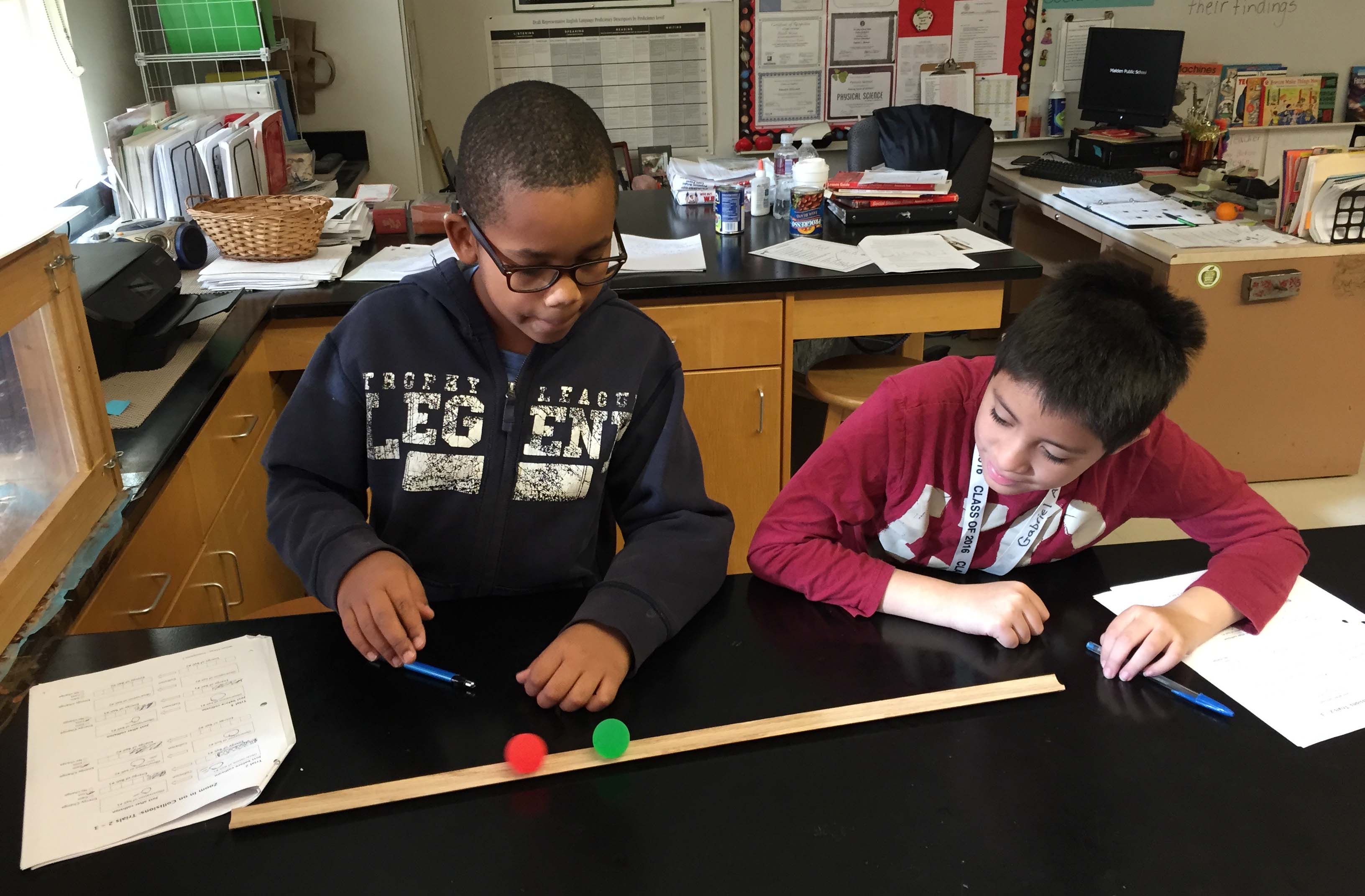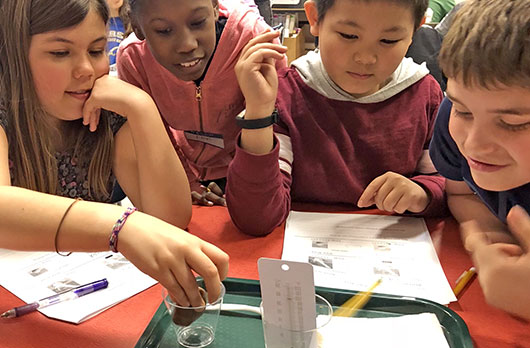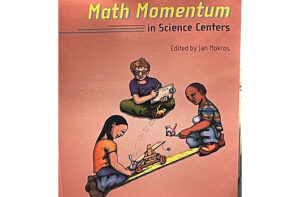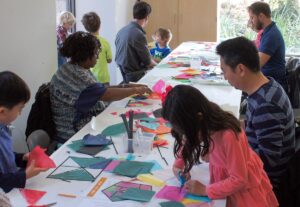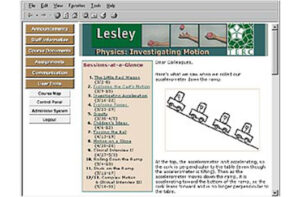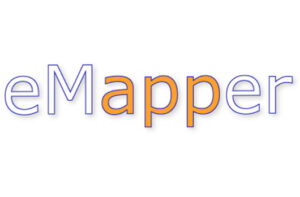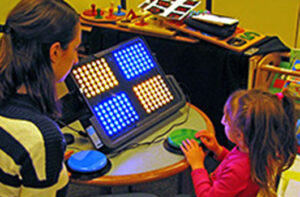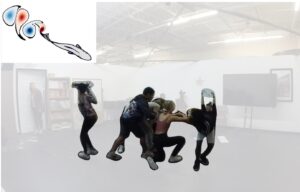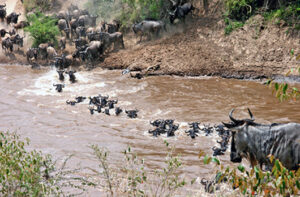Telling the Energy Story: Design and Results of a New Curriculum for Energy in Upper Elementary School
Sara J. Lacy, Roger G. Tobin, Sally Crissman, Lezlie DeWater, Kara E. Gray, Nick Haddad, James K. L. Hammerman, Lane Seeley
Lacy, S., Tobin, R.G., Crissman, S., DeWater, L., Gray, K.E., Haddad, N., Hammerman, J., Seeley, L. (2021). Telling the Energy Story: Design and Results of a New Curriculum for Energy in Upper Elementary School. Science Education. doi:10.1002/sce.21684.
Abstract
We describe the development, design, implementation, and preliminary classroom results of an innovative curriculum, Focus on Energy, that supports learning about energy in Grades 4–5. The curriculum is grounded in the concepts of science as practice, model-based reasoning, and learning progressions, and builds on students’ pre-existing ideas and resources. We illustrate how students gradually develop the ability to track energy forms, transfers, and transformations in increasingly complex scenarios. We present evidence, using a quasi-experimental design, that students who completed the curriculum were significantly more adept at these skills than students in comparable classrooms who experienced their districts’ existing energy-related physical science curricula. Important features of the curriculum include: the careful selection of a limited set of concepts chosen to provide a sound foundation for future learning; a consistent conceptual framework (the Energy Tracking Lens) within which the students have agency to build and refine a model of energy; engaging hands-on activities that steadily build in complexity; accessible and versatile semi-quantitative representations that support reasoning and communication; individual, small-group and large-group meaning-making; and training and support for the teachers.

Related People:
Sara Lacy, Jim Hammerman, and Sally Crissman

